According to the latest forecast from the
World Economic Outlook report in October 2024 of the International Monetary Fund (IMF), Vietnam will continue to be one of the fastest growing economies in Asia, although it still faces many pressures from inflation and international economic fluctuations.
GDP growth: Maintaining the pace but needing a breakthrough The IMF's GDP growth forecast of 6.1% for Vietnam still keeps Vietnam in the group of fastest growing economies in Asia. The main factor helping Vietnam maintain this speed is the stability of
foreign direct investment (FDI) flows, especially in high-tech, electronics and manufacturing industries. Investment projects in this field not only help increase added value but also strengthen Vietnam's position in the global supply chain.
However, according to the IMF, this growth rate is still not superior to previous forecasts. The main reason comes from the decline in global demand and instability in international supply chains. The IMF emphasized that the global shift from goods production to services, along with the slowdown of major economies such as China, could affect Vietnam's export demand. However, Vietnam's domestic market is still expected to maintain its growth momentum thanks to the strong recovery of domestic consumption and support policies from
the government .
Inflation forecast to increase slightly: Challenges for Vietnam's economy A notable point in the IMF's forecast is the increasing inflationary pressure. With the CPI forecast to reach 4.1% in 2024, Vietnam faces inflation risks, both external and internal. The IMF pointed out that although global energy prices are forecast to decline slightly, instability in the global oil market and
geopolitical factors may continue to keep oil prices high, thereby pushing up production costs and consumer prices.
In addition, strong FDI inflows into Vietnam can also increase money supply, increasing inflationary pressure. In particular, when the economy continues to receive large amounts of capital, the risk of imbalance between money supply and demand will increase, posing a challenge for the State Bank in effectively operating monetary policy.
Global fluctuations and challenges for Vietnam The IMF also emphasized that fluctuations in fiscal and monetary policies of major economies such as the US and China will have a strong impact on emerging economies such as Vietnam. If the US Federal Reserve (Fed) continues to maintain a tight monetary policy, capital flows may be withdrawn from emerging markets, putting pressure on Vietnam's exchange rate and creating the risk of imported inflation. The IMF's Global Financial Stability Report also warned of risks from tightening global monetary policy, which could increase borrowing costs and reduce foreign investment in emerging markets, including Vietnam. With an economy heavily dependent on exports, Vietnam needs to be cautious about shocks from commodity prices and supply chain disruptions.
To address these challenges, the IMF recommends that Vietnam continue with its flexible fiscal and monetary policies. Price control through interest rate adjustments and money supply controls will be necessary to ensure macroeconomic stability. At the same time, the Vietnamese government should step up measures to protect the purchasing power of its people, especially low-income groups, to minimize the negative impact of inflation. In addition, the IMF also recommends that Vietnam consider increasing investment in sustainable sectors, such as renewable energy and clean technology, to reduce its dependence on energy imports and enhance the economy’s self-reliance. This will not only help reduce inflationary pressures but also create conditions for sustainable development in the long term.
nguoiquansat.vn
Source: https://nguoiquansat.vn/imf-viet-nam-se-tiep-tuc-la-nen-kinh-te-tang-truong-nhat-chau-a-chu-y-thach-thuc-tu-lam-phat-170221.html
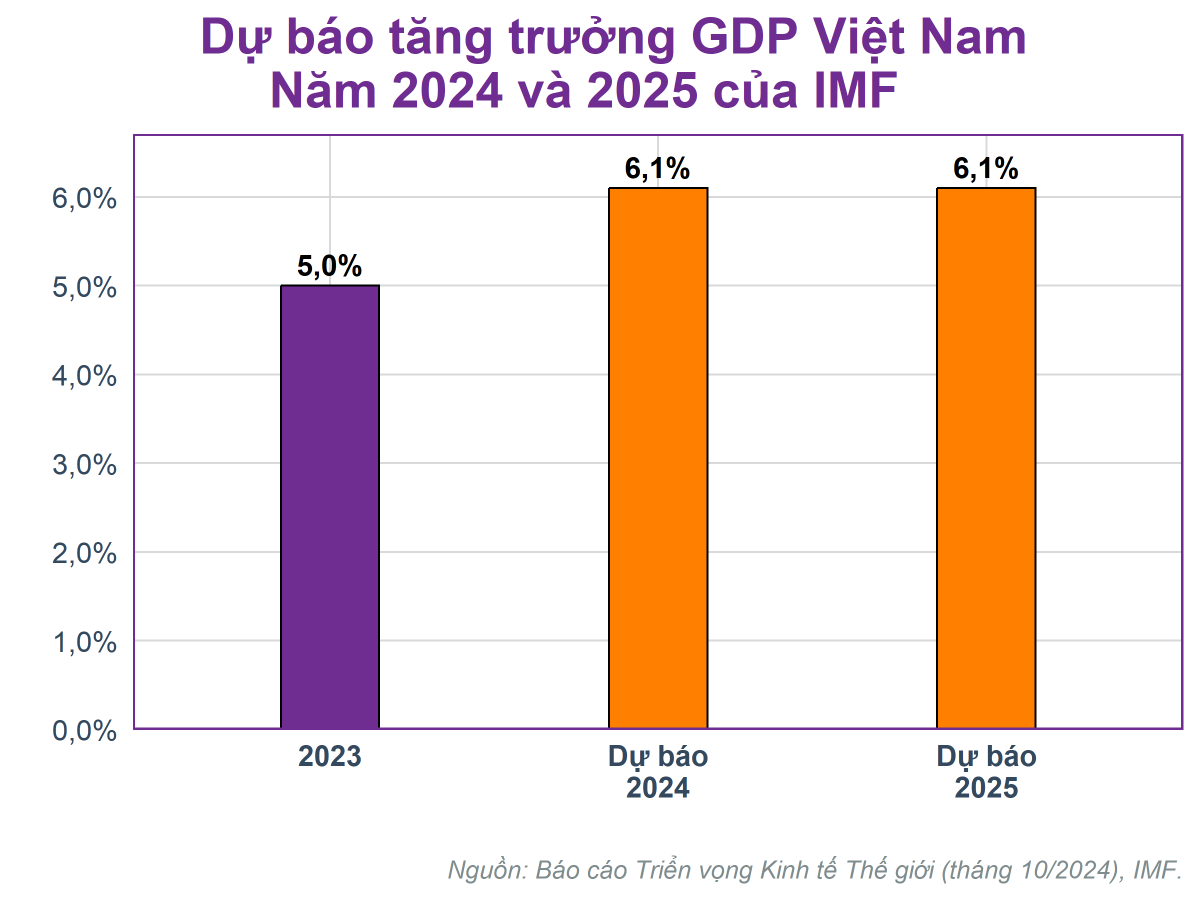
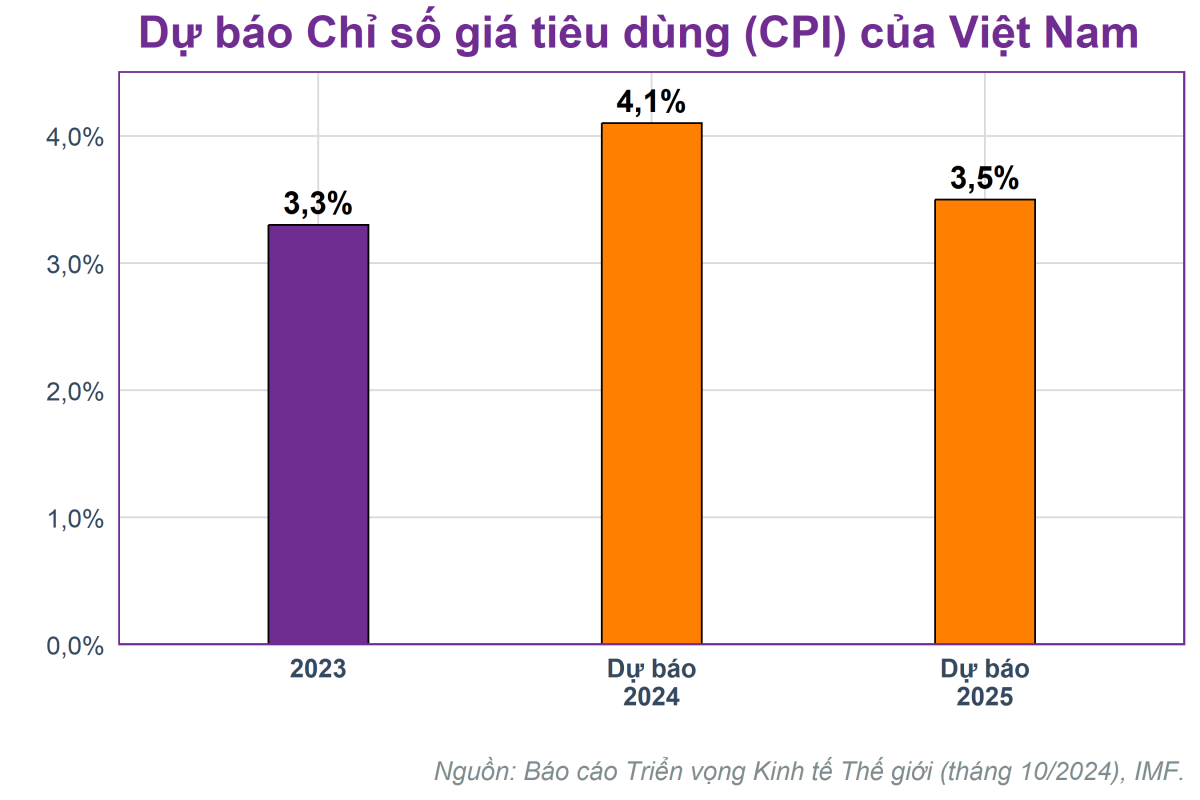





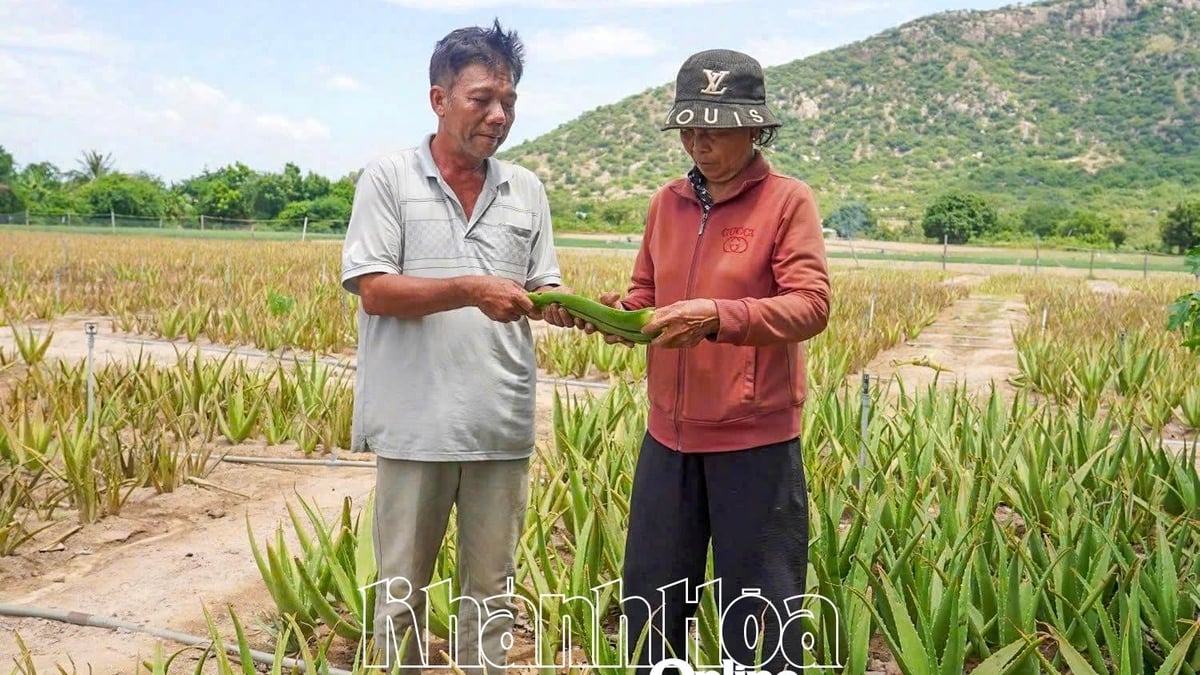
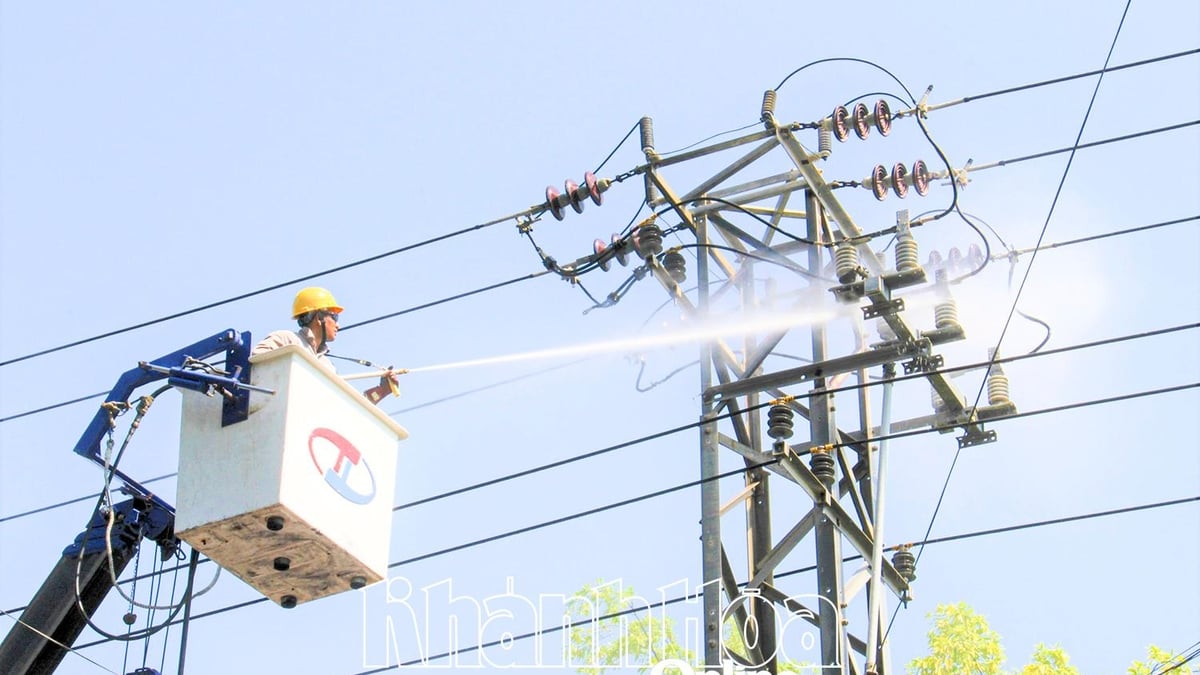


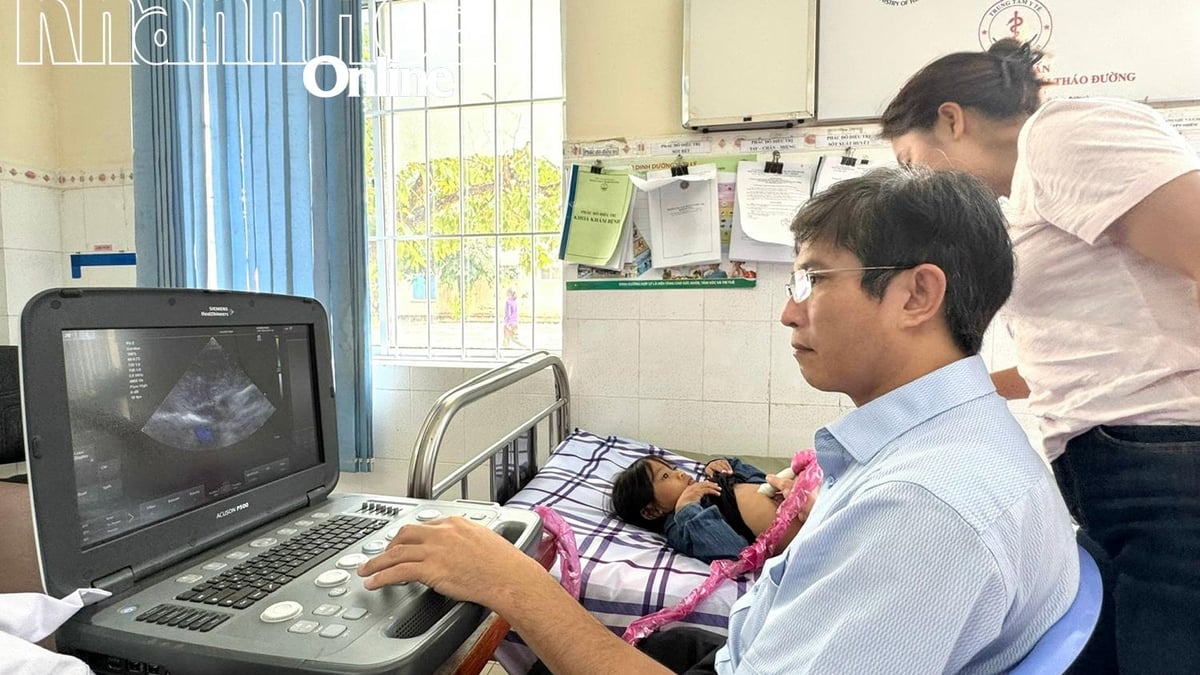














































![[Maritime News] Container shipping faces overcapacity that will last until 2028](https://vphoto.vietnam.vn/thumb/402x226/vietnam/resource/IMAGE/2025/7/30/6d35cbc6b0f643fd97f8aa2e9bc87aea)













































Comment (0)